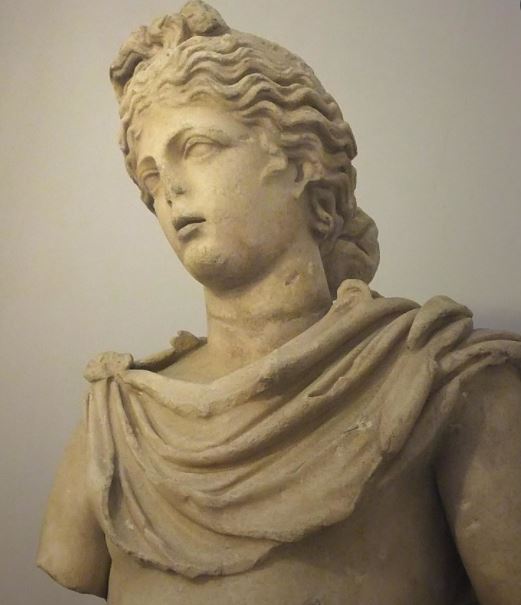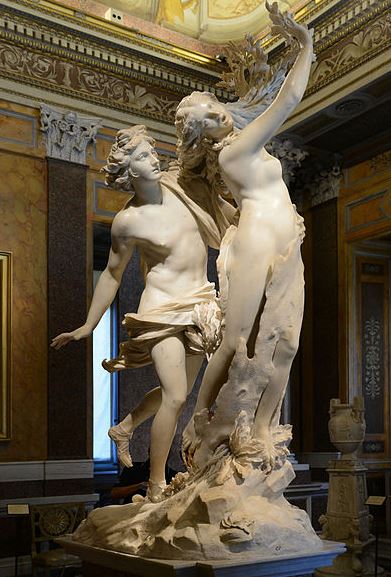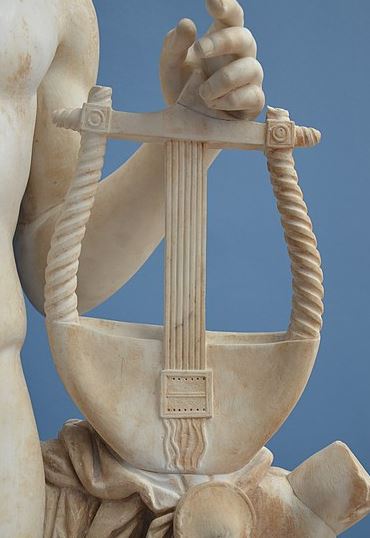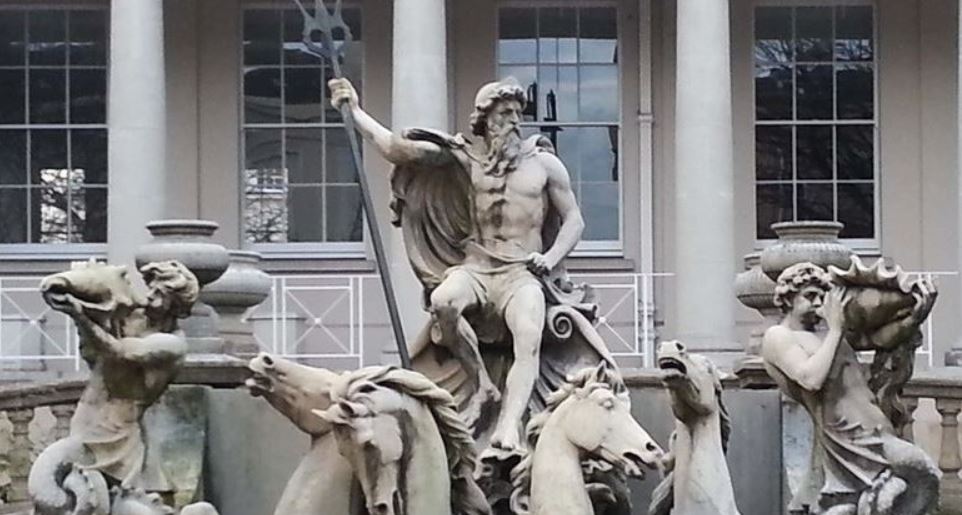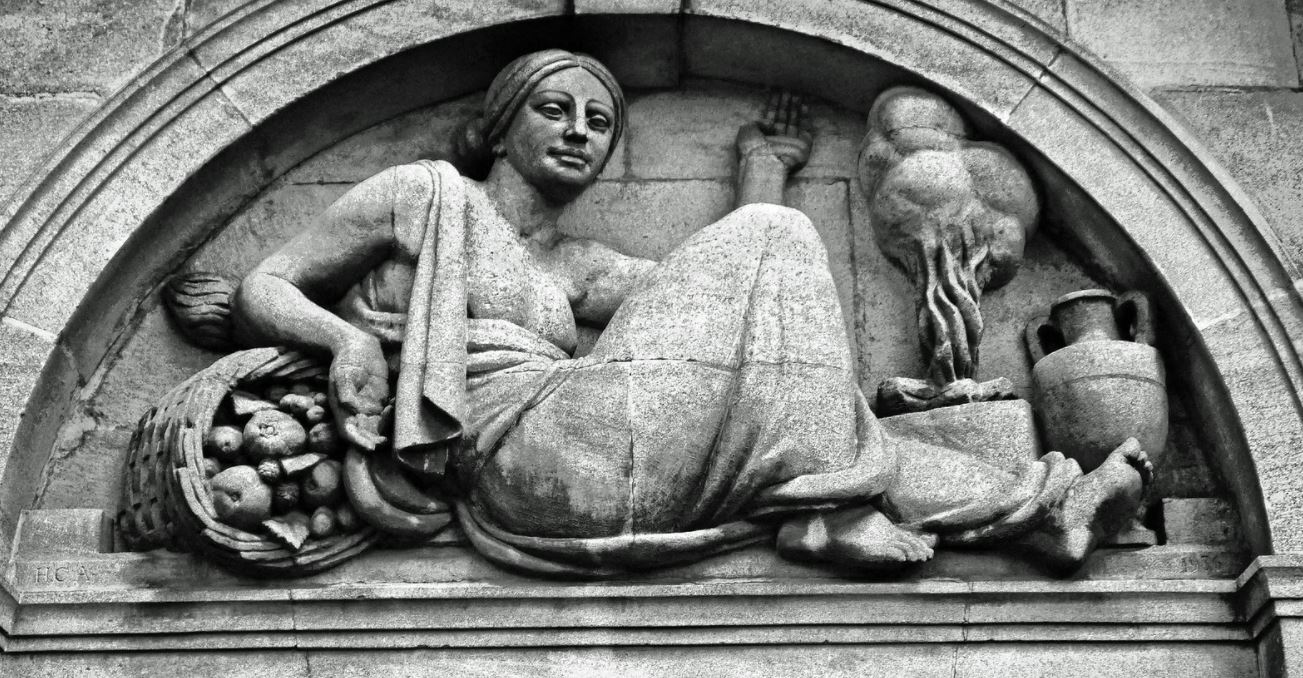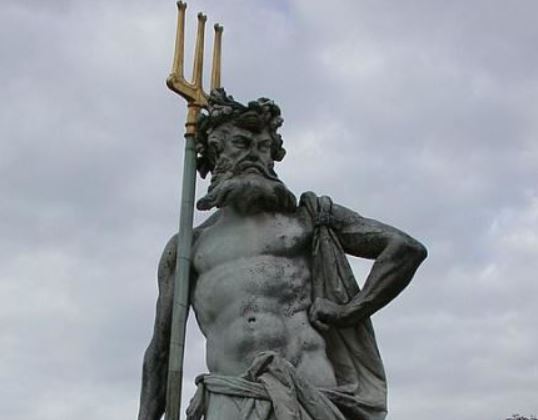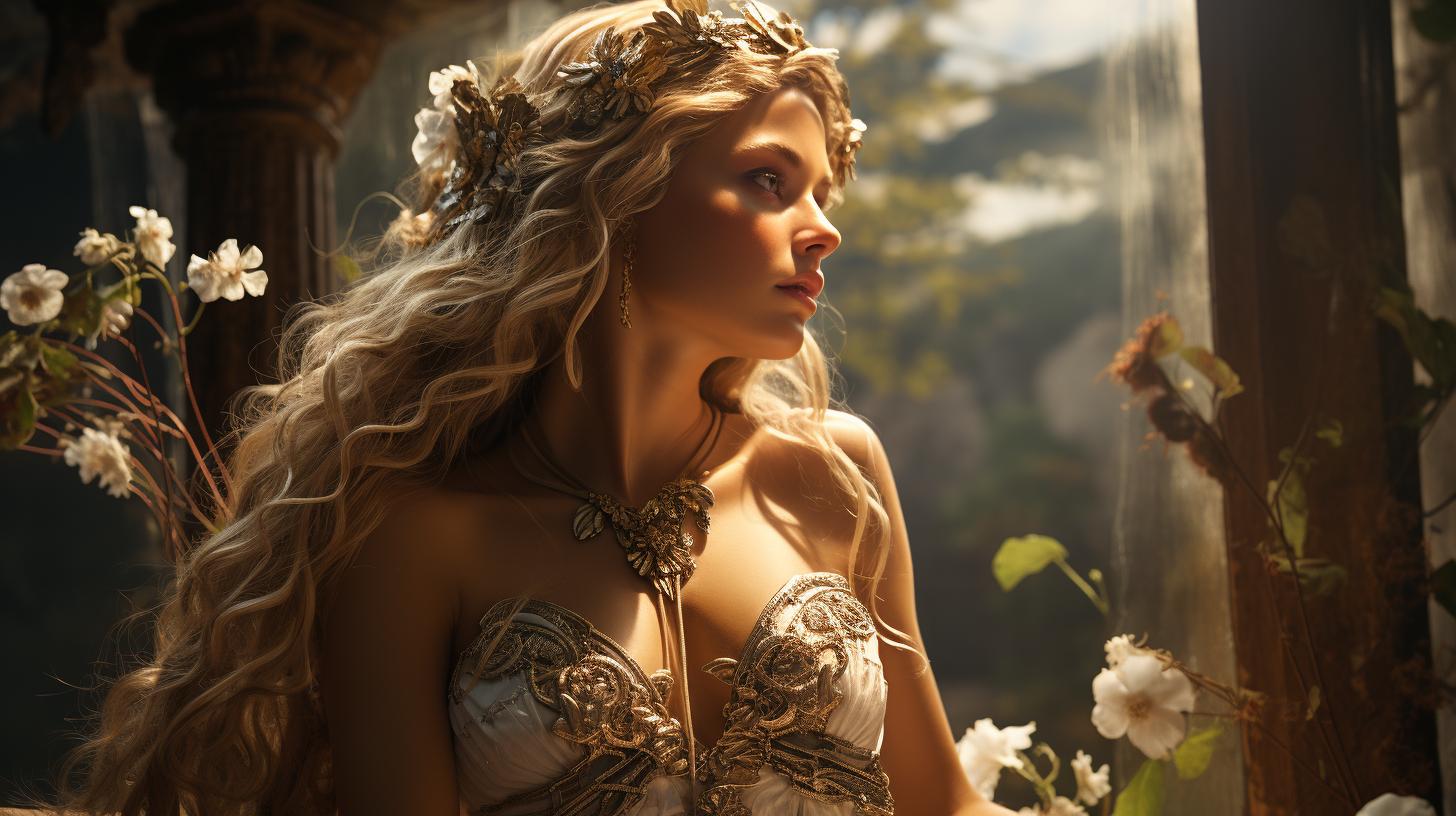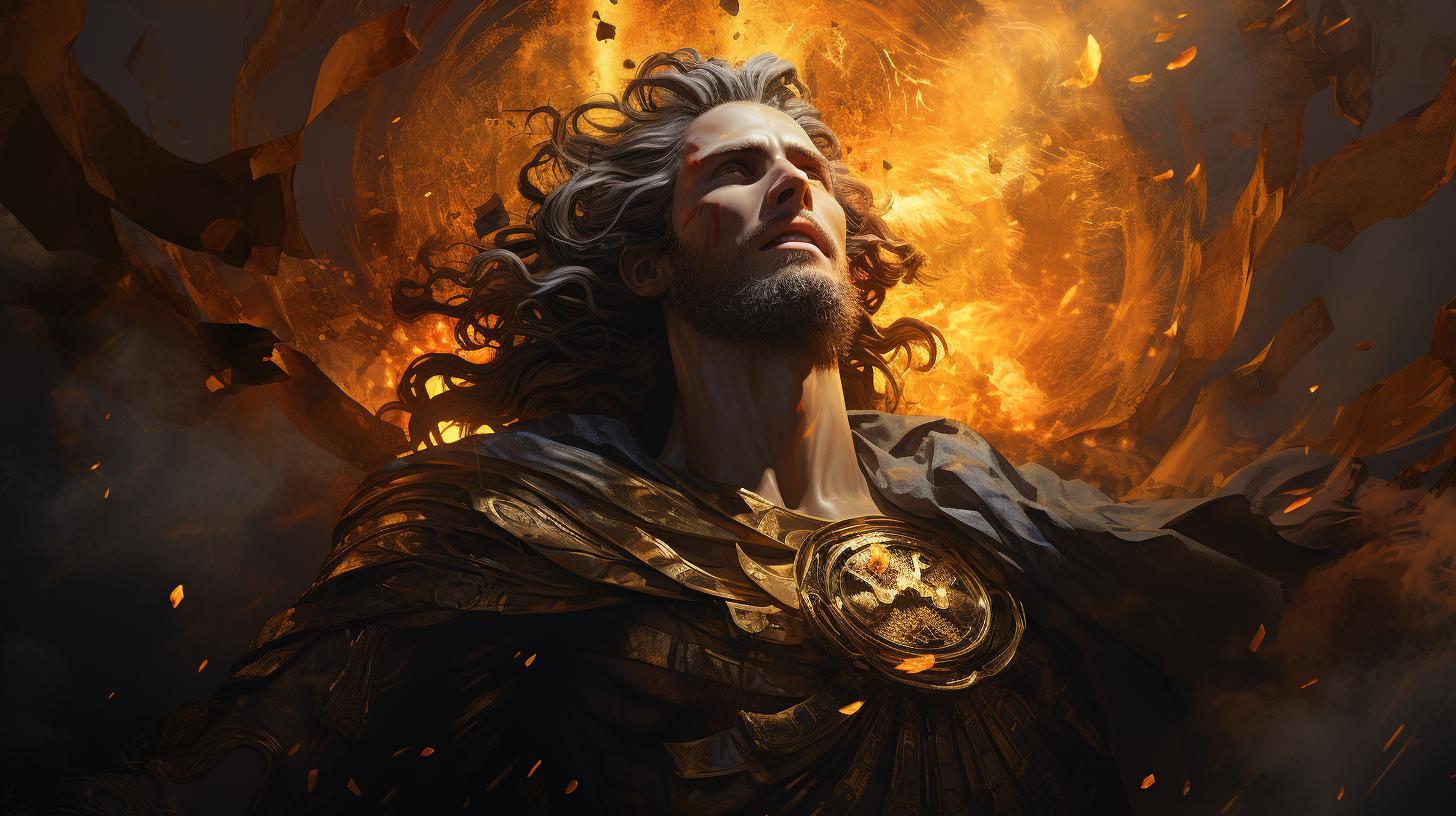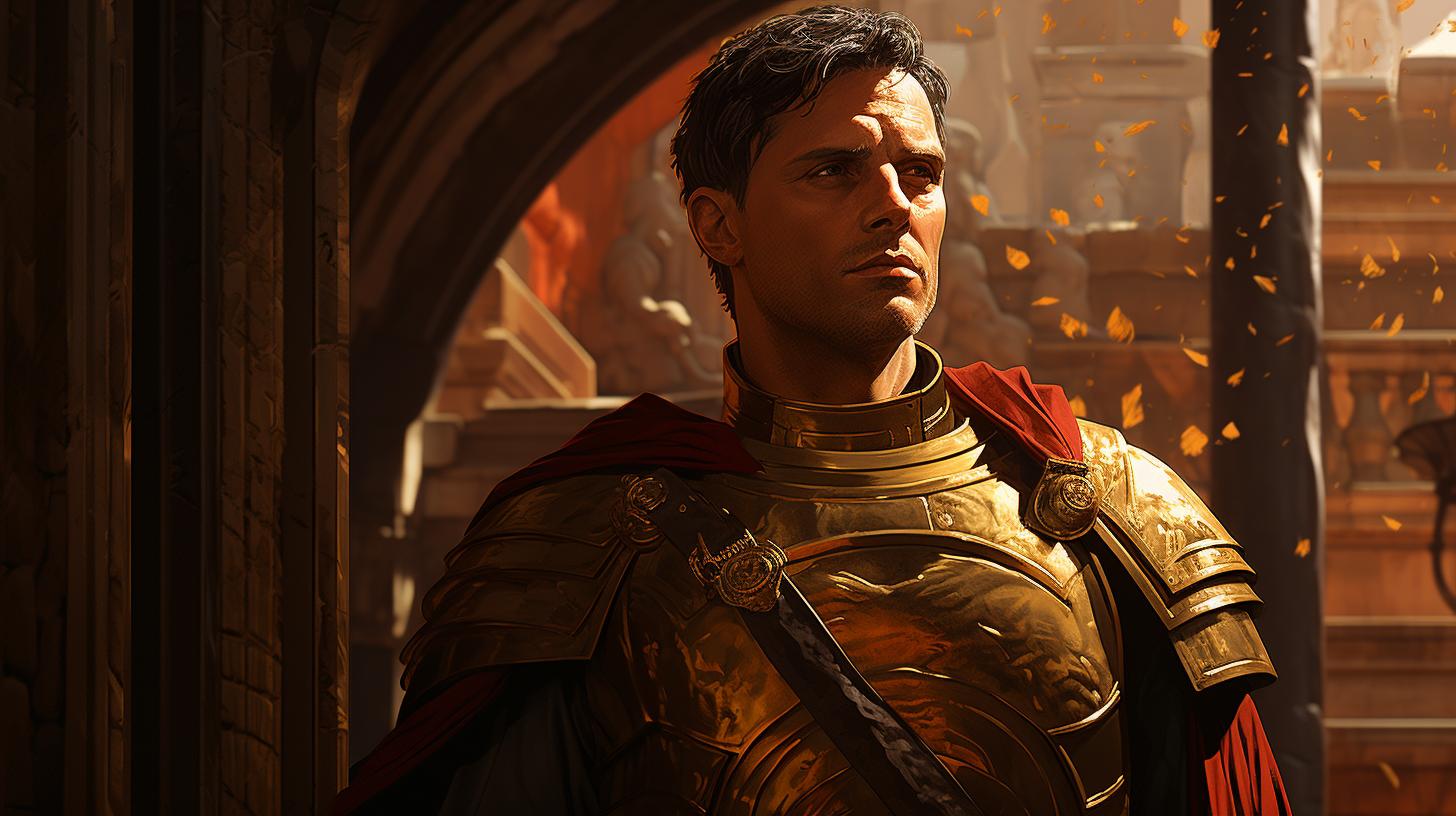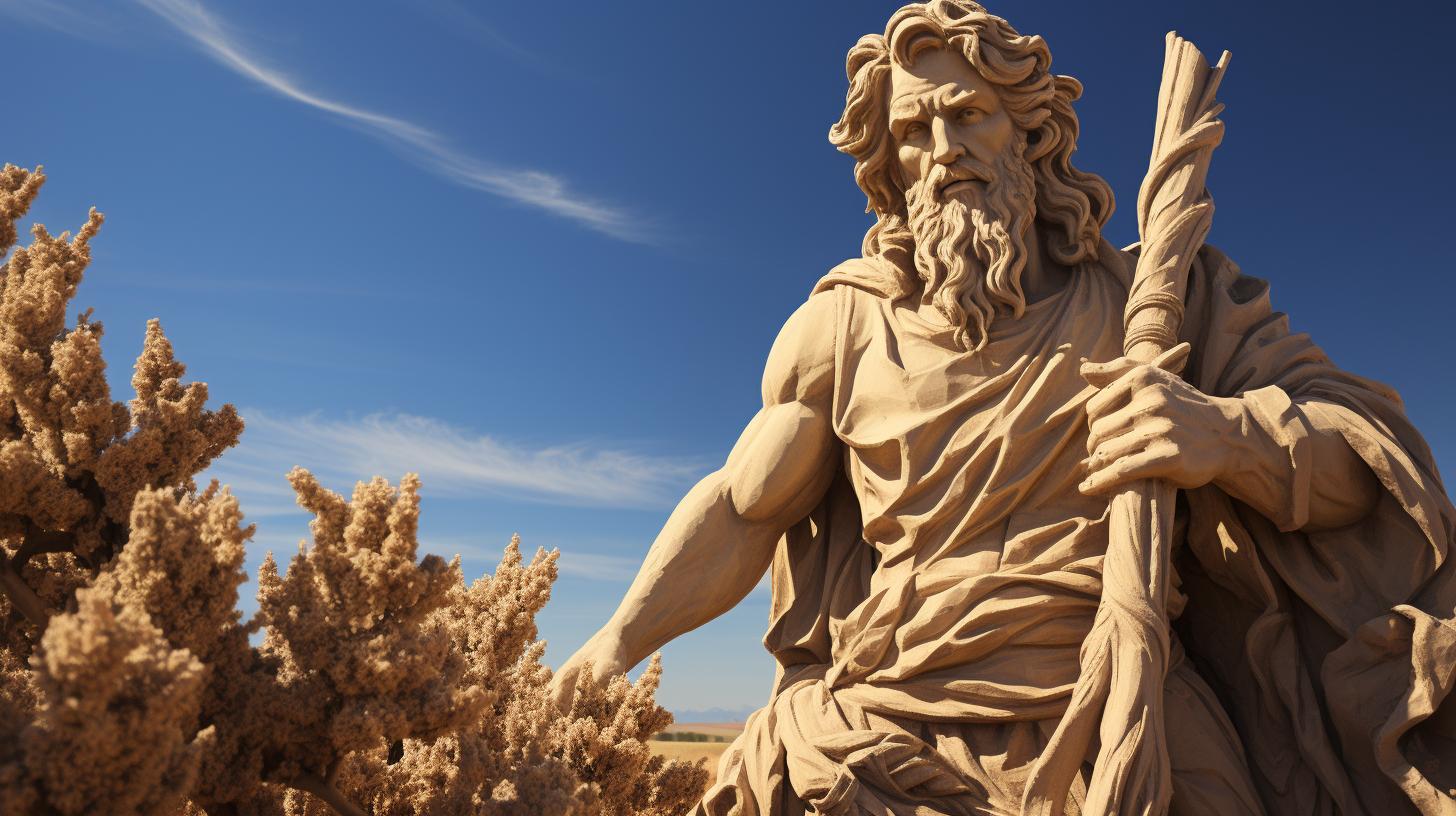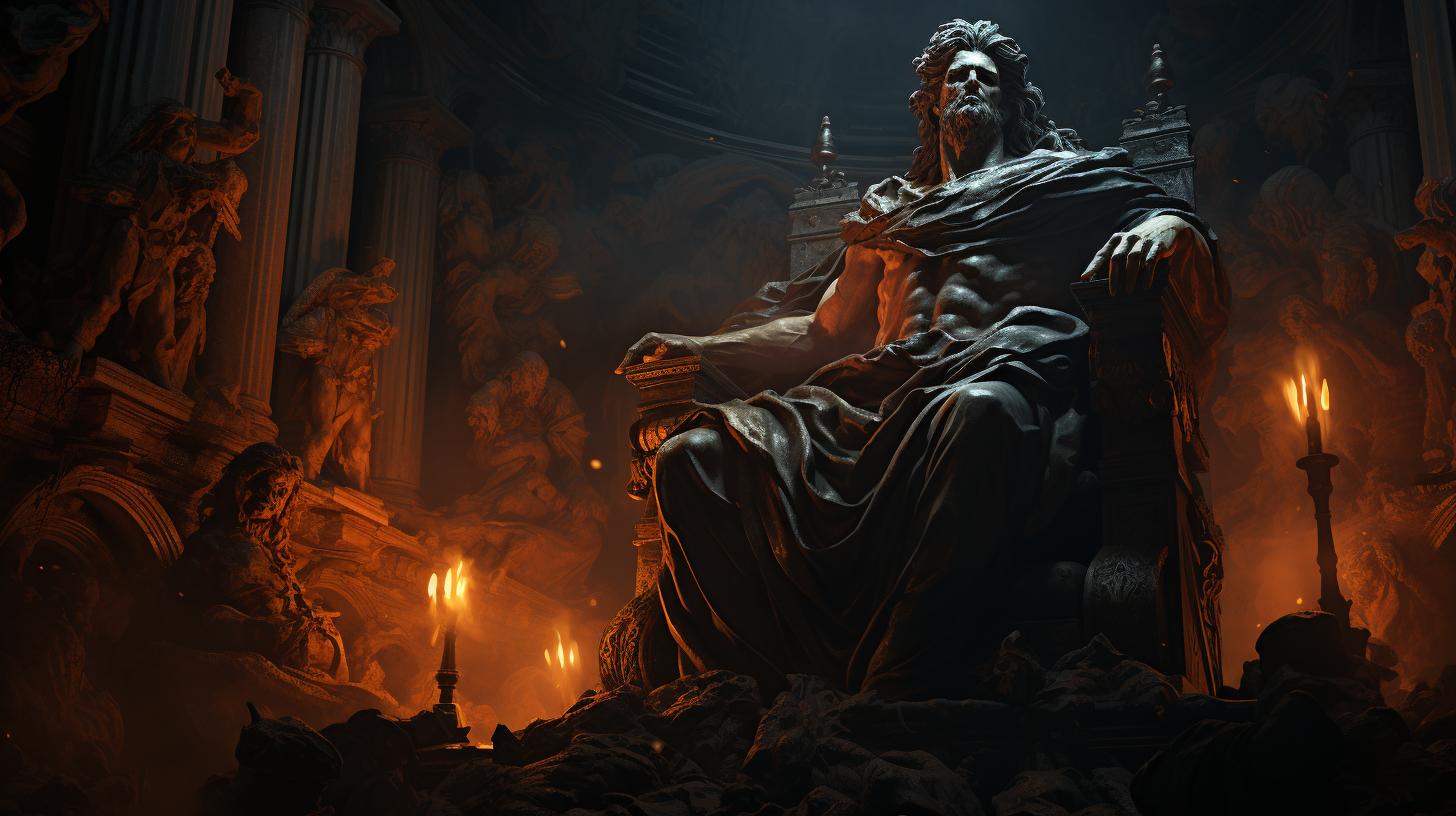God Apollo, the Greek and Roman God of the Sun and the Music
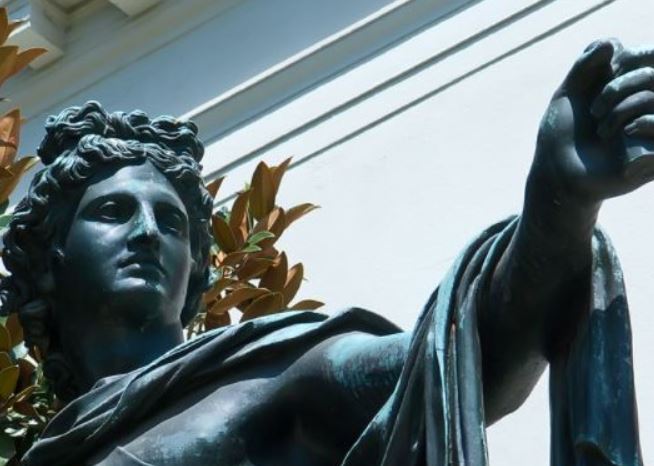
The god Apollo was the Greek and Roman god of the Sun. Unlike most of the other Roman divinities, which had an Italic origin but had early been identified with Hellenic deities, the god Apollo was a truly Greek god.
As a matter of fact, in the Roman pantheon, there was no early god who could be linked to him. A proof of this is the fact that Romans referred to him by his Greek name. So, yes, we could say that Apollo god of the sun was both Roman and Greek.
What is Apollo the god of?
The association of the god Apollo with the Sun is symbolic: Apollo the sun god was indeed the god of every bright activity of the human intellect, like Science, Divination, and the Arts.
In particular, the Roman god Apollo was the deity who presided to Medicine, Music, and Poetry.
Anyway, he was also the god of physical strength and beauty, according to the idea, common among the ancients, that exterior aspect and inner faculties were tightly linked.
Being the god who, more than any other, represented the neverending struggle of ancient Romans and Greeks to reach perfection, his fortune has been great even after the end of the Roman Empire.
Roman God Apollo: the Origin of his Name
The name of the Roman god Apollo has been connected by some to the Doric word “apella”, which initially indicated a fence for animals and later the popular assembly.
This etymology would associate Apollo the god of music and the sun with the idea of good governance and political order.
Other explanations trace the origin of his name outside Greece. According to them, the Greek god Apollo could be linked to the Hittite god Apaliunas, a guardian of the Anatolian city of Wilusa, or to Aplu, the Hurrian god of the plague.
In any case, Apollo god of the sun, from very early times, was indeed associated with Medicine and diseases.
Greek and Roman god Apollo statue
History of the Greek and Roman god Apollo
The Roman god Apollo was a son of Jupiter and Latona, one of the many divine mistresses of the Roman King of the gods.
Juno, jealous of Latona, had forbidden any firm, solid land to concede her hospitality. Apollo the sun god himself, giving early proof of his future premonitory powers, informed Latona of the existence of a floating island called Delos.
Due to its unstable nature, Delos was free from Juno’s curse, and could therefore become the god Apollo’s birthplace. The Roman and Greek god Apollo then would have fixed Delos to the bottom of the ocean and would have always been venerated on that island with special devotion.
Apollo myths
After the astonishing deeds related to his birth, the Greek and Roman god Apollo would have grown up becoming the perfect, ideal example of the athletic, intelligent youth, and would have been involved in many other myths.
Many of them describe his numerous fallings for many women and goddesses, a quite common argument in ancient mythology. Anyway, differently from Jupiter, Apollo’s attempts to win his loved ones were not always successful.
One of the most famous myths describing a rejection suffered by Apollo the god of music and the sun is the story of Apollo and Daphne. Let’s see it in detail.
The story of the Roman and Greek god Apollo and Daphne
One of the most famous versions of this myth is the one given by Ovid in his poem Metamorphoses.
According to Ovid, Apollo the god of the sun once mocked Cupid, the son of Venus and god of infatuations, deeming him unfit for the use of the arch.
Cupid took vengeance hitting him with one of his gold-tipped arrows, making him fall in love with the nymph Daphne.
At the same time, he hit Daphne with an arrow having a leaden tip, which would have caused her to reject him. After that moment, the Roman god Apollo started chasing Daphne, admitting that, despite being the god of Medicine, he was unable to cure himself of the loving disease Cupid had arisen in him.
At last, the Roman and Greek god Apollo managed to reach Daphne who asked her father, the river god Peneus, for help. He transformed her into a laurel tree.
Soon after the transformation Apollo’s love was not quenched yet, so he embraced the tree and heard Daphne’s heart still beating inside it. The god Apollo decided that the laurel would have been sacred to him.
The myth would therefore explain the association of Apollo with the laurel. The story of the change of Daphne has struck the fantasy of many artists who have portrayed it, even after the end of the Roman era.
One of the most famous is surely the Italian Gian Lorenzo Bernini, who immortalized the scene in his sculpture Apollo and Daphne.
A statue of the Roman god Apollo & Daphne
Apollo Greek god powers
As the god of the Sun, the Roman and Greek god Apollo was thought to be the one who granted the movement of this celestial body in the sky every day. For this purpose, he would have used a chariot.
Given his association with Medicine, he was also thought to be able to generate plagues and to make them extinguish.
Possessing strong healing powers himself, he would have also transferred them to one of his sons, Aesculapius. Finally, because of his link with the arts, he would have been an unbeatable musician and poet, that is why sometimes known as Apollo the god of music.
Roman and Greek God Apollo Symbols
Being the patron of a wide range of disciplines, Apollo the god of the sun and music had a lot of symbols and attributes.
From the lyre and the kithara (two ancient musical instruments) to the arrow and bow (which he was credited with inventing together with his sister the Roman goddess Diana), from the sacrificial tripod (a tool used during divination rites) to the laurel (a plant whose wreaths were given to winners in poetic and sportive competitions).
The kithara, one of the main symbols of Apollo the god of music
Besides them, the god Apollo was also associated with a philosophical concept of great importance for ancient Greeks and Romans: the Golden Mean. Let’s see its meaning in detail.
Roman and Greek god Apollo symbol: The Golden Mean
According to classical philosophy, every virtue is the result of a wise balancing: both an excess and a defect would in fact transform that virtue into a vice.
Aristotle famously exemplified this concept by talking about courage: it might become recklessness if excessively augmented or degenerate into cowardice if too diminished. It is essential to always find the way in the middle, which the ancients called “the Golden Mean”.
Since the Golden Mean could only be achieved by means of reasoning it became an attribute of Apollo, who was the god of the mind and of the intellect.
Because of his ideal meaning – namely his identification with rationality – the Roman and Greek god Apollo has often been referred to by intellectuals and philosophers in modern times.
One of the most famous was surely the German thinker Friedrich Nietzsche, who introduced the concept of “Apollonian”, an impulse to rationalization, as opposite to “Dionysian”, which would represent the tendency to chaos.
The latter would have taken its name from the Greek god Dionysus, who was actually seen as the opposite of Apollo in Hellenic and Roman mythology.

